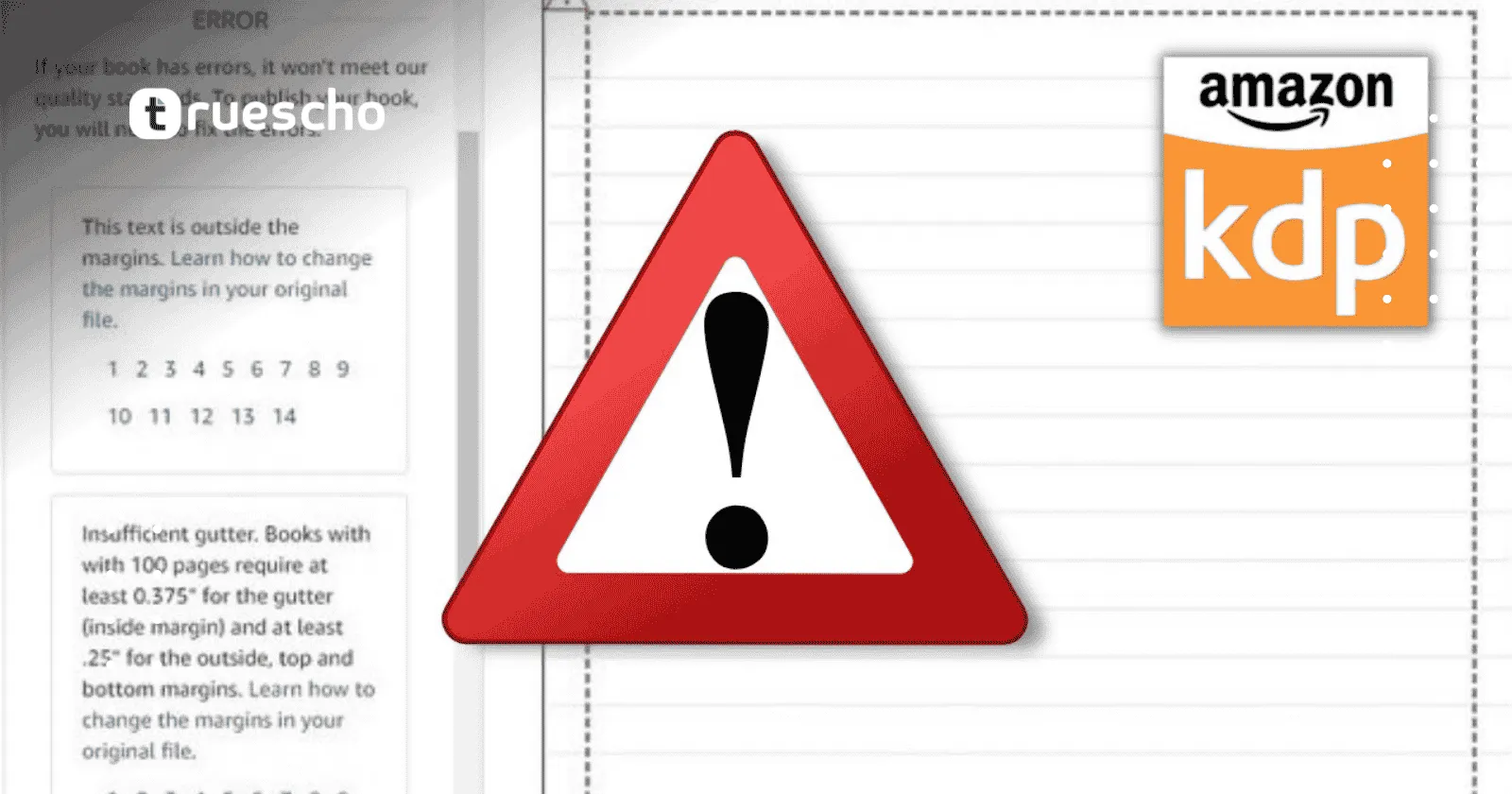Amazon KDP Mistakes Exposed: 5 Book Review Secrets
Table of Contents
Mistake #1: Ineffective Pricing Strategy
One of the key Amazon KDP mistakes is setting a price point that does not adequately reflect the value of your book. Many self-publishers implement a low price strategy in hopes of attracting more buyers, only to realize that the profit per sale remains too low to scale the business effectively.
For example, a well-reviewed coloring book might be priced too low—even if the title and design are strong. When the price is suboptimal, you risk selling a high volume of copies that yield little profit. Instead, consider gradually increasing your price by $1 or $2. Even a small increase can lead to higher royalties, so long as you closely monitor your overall income.
Here are a few tips to optimize your pricing strategy:
- Perform regular financial assessments to understand your profit per sale.
- Experiment with incremental price increases (for example, $7.99 to $8.99).
- Monitor your Best Seller Rank (BSR) and sales trends to identify the optimal price point.
- Ensure that your pricing reflects the quality of your book’s cover and interior design.
For more detailed insights on Amazon pricing policies and royalty structures, visit the official Amazon KDP Help page.
Read also: OpenAI Optimus Alpha
Mistake #2: Poor Book Cover Design
Another critical Amazon KDP mistake is a disconnect between your book cover design and your target audience. A compelling cover is essential for drawing readers and conveying the book’s content. When it comes to specialized niches – whether it’s a kid’s coloring book, a senior activity guide, or an adult journal – the cover must resonate with your intended demographic.
For instance, if your book is a stroke recovery activity guide for seniors, your cover design should be clean, simple, and tailored to an older audience. Designs that are overly colorful or complex may fail to connect with your target market.
Consider these tips for optimal book cover design:
- Use large, legible text that clearly conveys the title and benefits.
- Keep the design clean; avoid overly busy images or graphics.
- Align the design with the book’s purpose—such as using calming color schemes for relaxation or bright, playful images for children’s books.
- Look at bestselling competitors in your niche to understand the style standards.
“A well-designed cover not only attracts attention but also builds trust with your reader.” – Expert KDP Coach
To learn more about effective design guidelines for self-published authors, review the resources available on the Amazon KDP Cover Guidelines.
Mistake #3: Neglecting Title SEO and Keyword Inclusion
One of the most common mistakes among Kindle Direct Publishing (KDP) authors is failing to incorporate keywords properly into the book title. Without relevant SEO keywords, your book may never appear in search results. For instance, if your product is essentially a manifestation journal, it’s crucial to include that keyword prominently within the title. Failing to do so can hide your content from potential buyers who are actively searching for it.
Effective title optimization is about striking a balance between creativity and search engine visibility. Your title should clearly communicate what your book is about while featuring targeted keywords such as “manifestation journal” or specific niche descriptors.
Here are some actionable steps to optimize your title for higher search visibility:
- Research popular keywords related to your genre using tools like Amazon KDP Keyword Tool.
- Include your main keyword in the title, ideally near the beginning.
- Test different title variations to see which one ranks better in Amazon search results.
- Ensure that the title remains engaging and descriptive for your target audience.
Remember, a search-friendly title bridges the gap between your content and the reader, which is why many bestselling titles on Amazon have mastered this art.
Read also: Firebase Studio Alternatives
Mistake #5: Choosing Topics With Limited Market Demand
The final Amazon KDP mistake to avoid is investing time in a topic that has little to no market demand. Before you invest countless hours on content creation, research the niche thoroughly. Topics like a T-Rex coloring book for adults, for example, might seem intriguing conceptually but could fail due to lack of interested buyers.
It is crucial to verify the competitive landscape before developing your book. When analyzing the market, consider:
- Conducting a quick search on Amazon to see if similar titles exist and how well they perform.
- Checking the Best Seller Rank (BSR) of competing books to gauge consumer interest.
- Analyzing customer reviews of similar books to identify strengths and areas for improvement.
- Ensuring that your topic aligns with current trends and proven buyer interests.
At its core, successful self-publishing on Amazon KDP involves not only creating quality content but also choosing the right topics that have a built-in audience. Adapting your approach when necessary—based on market research—can make the difference between a profitable book and a wasted effort.
Additional KDP Book Review Insights
This comprehensive analysis of common Amazon KDP mistakes—spanning pricing strategies, cover design, title optimization, social proof through reviews, and topic selection—is designed to help authors improve their self-publishing approach. Here are some extra tips to keep in mind when analyzing your KDP book’s performance:
- Analyze Competitors: Regularly study direct competitors in your niche. Seeing what works for them can offer inspiration to refine your approach.
- Experiment and Measure: Don’t be afraid to make small adjustments to your book’s pricing, title, or cover. Use Amazon’s analytics tools to measure the results before finalizing changes.
- Leverage Feedback: Pay attention to reader reviews and comments. They can provide clues on what to change and help attract more buyers.
- Stay Updated: The publishing environment on Amazon KDP is highly competitive and constantly evolving. Follow official resources, such as the Amazon KDP Homepage, to stay informed about changes in policies and best practices.
Conclusion
Avoiding common pitfalls is imperative for your self-publishing journey on Amazon KDP. By addressing frequent mistakes related to pricing, cover design, title SEO, social proof through reviews, and the selection of in-demand topics, you can enhance your book’s visibility and boost your earnings.
To recap, here are the five book review secrets to ensure you steer clear of Amazon KDP mistakes:
- Optimize Your Pricing: Find the right balance between profitability and competitiveness.
- Create a Compelling Cover: Design covers that attract and communicate clearly with your target audience.
- Utilize SEO in Your Title: Incorporate primary keywords naturally in your title for better discoverability.
- Build Up Reviews: Cultivate social proof to increase trust and conversion rates.
- Choose the Right Topic: Research your niche to ensure market demand before investing time in content creation.
By adopting these strategies, you will be better positioned to avoid Amazon KDP mistakes and to create a more profitable self-publishing business. Always remember to evaluate your listings continually and adjust your tactics based on concrete data from market research and customer feedback.
Thank you for reading this comprehensive guide on Amazon KDP Mistakes and KDP Book Review strategies. We hope these insights empower you to refine your approach and maximize your earnings on Amazon KDP.
Read also: N8N AI Agent: Breakthrough MCP Update







